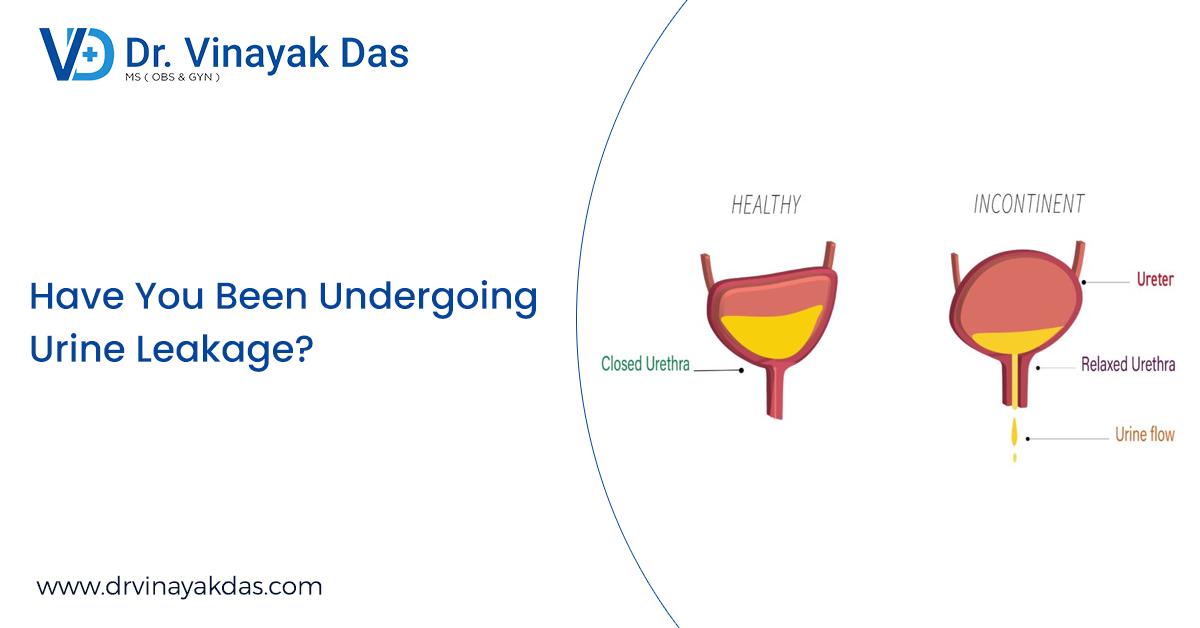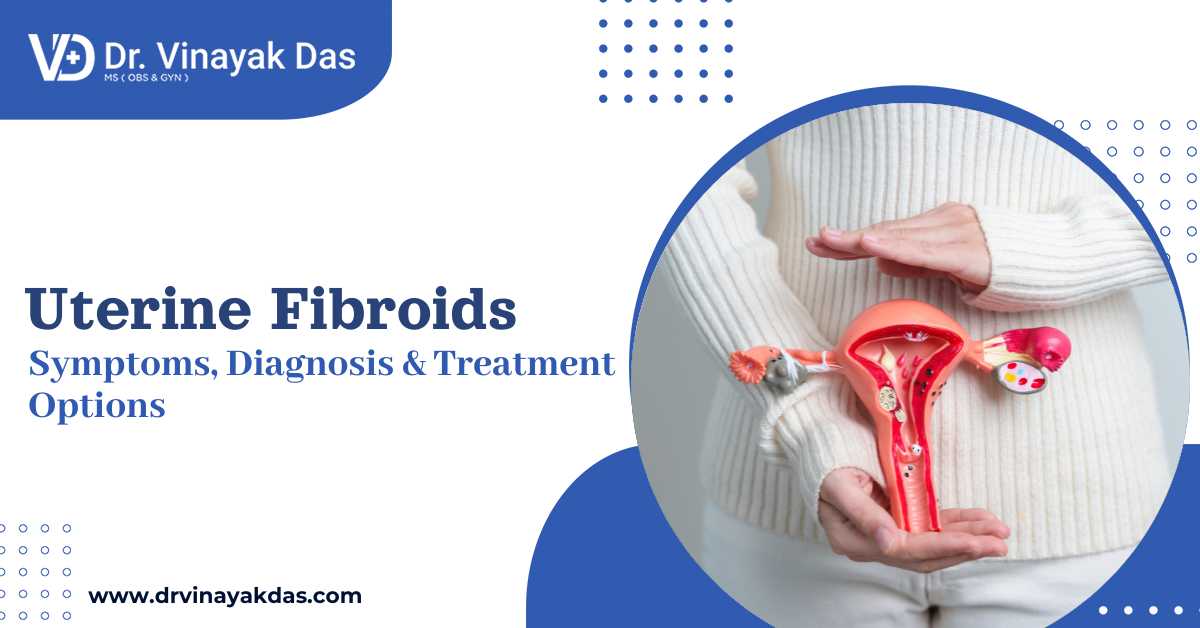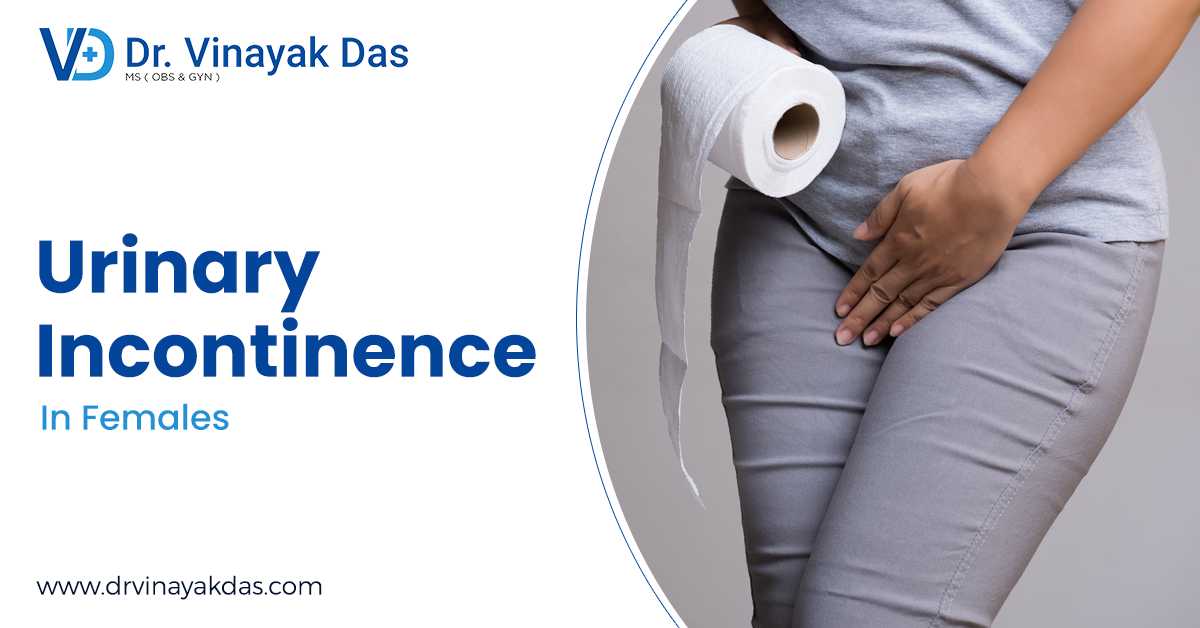Loss of bladder control is what is clinically termed urinary incontinence. Several factors can contribute to this condition in females. Males also experience this concern. The condition may range from mild, moderate to severe. Women are more likely to undergo this. Strategic lifestyle changes and medical care help relieve the problem.
Urinary incontinence often affects the quality of life. But social withdrawal doesn’t bring the solution. See your medical expert in order to receive optimal guidance on condition management. Generally, older age is associated with the risk factor. In other instances, pregnancy, vaginal delivery, or urinary tract infections can put you at risk. Get advice from the best gynecologist in Siliguri.

Signs & Symptoms
Due to loss of bladder control, you leak urine. So, urine leakage is the main sign. Such a situation occurs during:
- Sneezing
- Coughing
- Lifting weight
- Laughing
- Exercising
Other signs may include nighttime urination that may hamper your sleep, frequent urination, or uncontrollable urge to urinate. For an underlying UTI, you develop its symptoms as well.
Who are at Risk of Urinary Incontinence?
Reasons for getting such risks can be related to your gender. Or, reasons for developing loss of bladder control issues can be general.
The following are factors that increase the likelihood of this condition:
- Being overweight is a common risk factor for many health concerns. Obesity may bring about abdominal pressure/pelvic floor muscle pressure. Over time, it weakens the muscles and nerves of the pelvic floor area. Therefore, fat accumulation around the abdomen is one of the possible contributing factors.
- With older age, the risk of urinary incontinence may increase. Weakening of the pelvic floor/bladder muscles due to rising age affects the capacity of the bladder. Getting medical consultation from the best gynecologist in Siliguri can be of utmost help.
- Women undergo pregnancy, menopause, and childbirth. And that makes them more susceptible to stress incontinence. Vaginal childbirth may affect pelvic floor muscles. Menopause can affect bladder control capacity. During pregnancy, hormonal fluctuation may affect the lining of the bladder.

- Poorly treated diabetes causes nerve damage/neuropathy to the urinary tract. Thus, people with high blood sugar issues are more likely to get overflow incontinence, nocturia/nighttime urination, frequent urination, inability to fully empty the bladder, etc.
- Tobacco smoking irritates the bladder health. At the same time, if you already have issues like an overactive bladder or urinary incontinence, smoking can make your condition worse.
- Urinary tract infection may cause you to develop signs like frequent urination, painful urination, cloudy urine, pelvic pain, or urine leakage if it remains poorly treated. Avail of health guidance from the leading gynae doctor in Siliguri for urinary incontinence.
Lifestyle changes such as avoiding caffeinated product consumption, alcohol consumption, smoking, managing healthy body weight, focusing on fiber-rich food intake, and practicing moderate workouts work great at UI healing. Plus, medications, scheduled toilet trips, pelvic floor exercises, or surgical procedures may be advised by the doctor based on the extremity of the condition.






